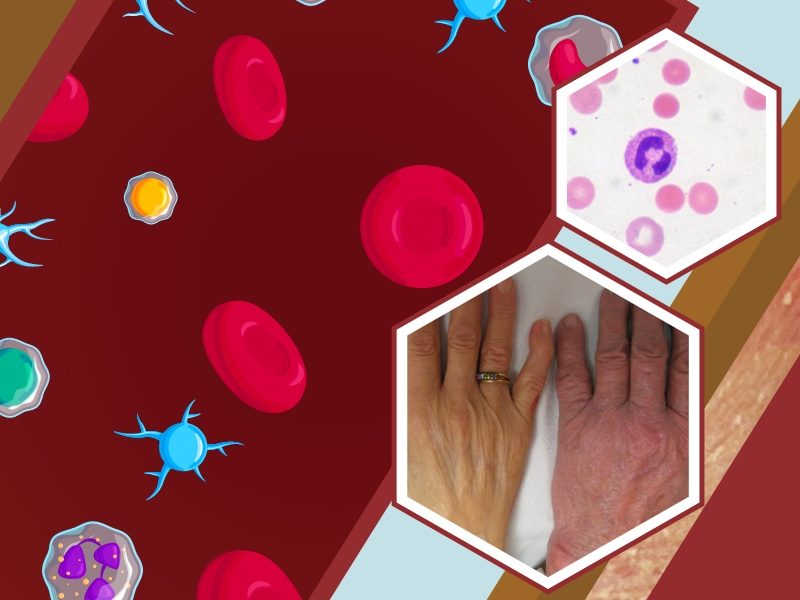Causes and Symptoms of Anemia

Anemia is a condition where you lack enough healthy red blood cells to carry sufficient oxygen to the tissues in your body. Having anemia means you also have low hemoglobin which can make you feel weak and tired.
There are several forms of anemia, each with its cause. Anemia can be temporary or long-term and can range from mild to severe. In most cases, anemia has more than one cause. See your doctor if you suspect that you have anemia. It can be a warning sign of a serious disorder.
Possible Causes of Anemia
Different types of anemia have different causes. They include:
- Iron deficiency anemia – is caused by a shortage of iron in your body. Without adequate iron, your body can’t produce enough hemoglobin for red blood cells.
- Vitamin deficiency anemia – your body needs folate and vitamin B-12 to produce enough healthy red blood cells.
- Anemia of inflammation – certain diseases such as HIV/AIDS, kidney disease, cancer, rheumatoid arthritis, Crohn’s disease, and other acute or chronic inflammatory diseases can interfere with the production of red blood cells.
- Aplastic anemia – life-threatening anemia occurs when your body doesn’t produce enough red blood cells. Causes of aplastic anemia include certain medications, infections, autoimmune diseases, and exposure to toxic chemicals.
- Anemia associated with bone marrow disease – leukemia and myelofibrosis can cause anemia by affecting blood production in your bone marrow.
- Hemolytic anemia – this develops when red blood cells are destroyed faster than bone marrow can replace them.
- Sickle cell anemia – this is an inherited and sometimes serious condition is hemolytic anemia. It’s caused by a defective form of hemoglobin that forces red blood cells to assume an abnormal crescent shape.

Symptoms of Anemia
Symptoms of anemia vary depending on the cause and severity of anemia. If symptoms occur, they may include:
- Cold hands and feet
- Headaches
- Dizziness or lightheadedness
- Chest pain
- Irregular heartbeats
- Shortness of breath
- Weakness
- Pale or yellowish skin
- Fatigue
As anemia worsens, symptoms can also worsen.
Treatment for Anemia
Anemia treatment depends on the cause.
- Iron deficiency anemia – treatment for this form of anemia usually involves taking iron supplements and changing your diet.
- Vitamin deficiency anemias – treatment for folic acid and vitamin C deficiency involves dietary supplements and increasing these nutrients in your diet.
- Anemia of chronic disease – there’s no specific treatment for this type of anemia. Doctors focus on treating the underlying disease.
- Aplastic anemia – treatment can include blood transfusions to boost levels of red blood cells. You might need a bone marrow transplant if your bone marrow can’t make healthy blood cells.
- Anemias associated with bone marrow disease – treatment of these various diseases can include medication, chemotherapy, or bone marrow transplantation.
- Hemolytic anemias – managing this anemia includes avoiding suspect medications, treating infections, and taking drugs that suppress your immune system.
- Sickle cell anemia – treatment might include oxygen, pain relievers, and oral and intravenous fluids to reduce pain and prevent complications. Doctors might also recommend blood transfusions, folic acid supplements, and antibiotics.



